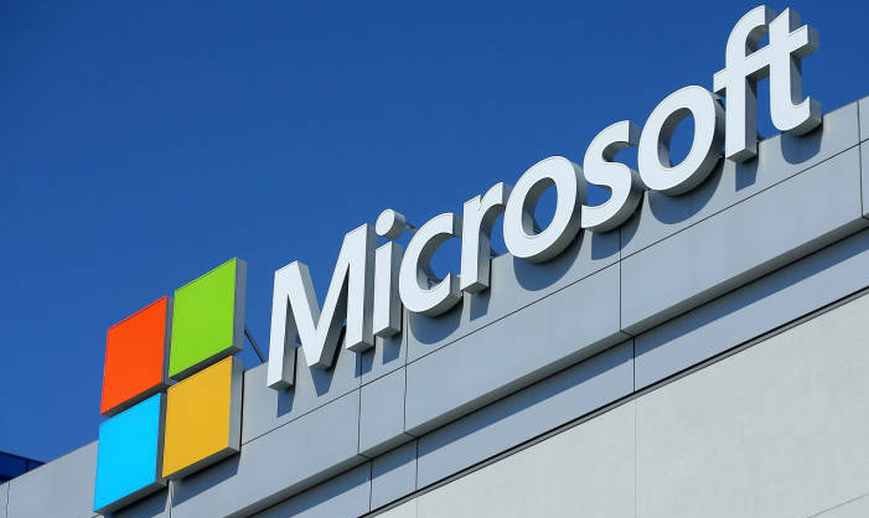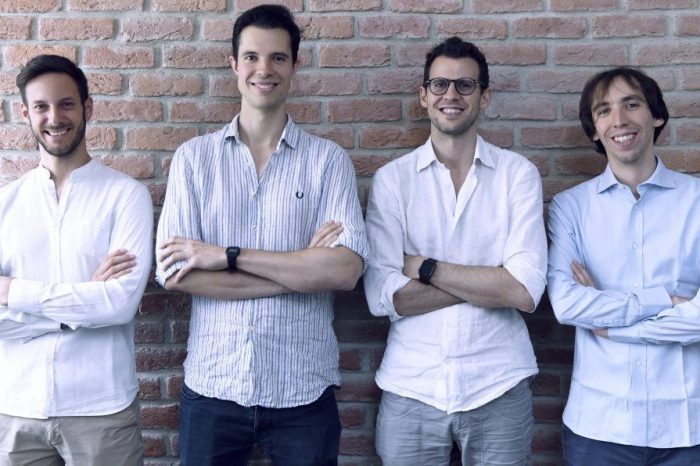Microsoft makes €3.2 billion AI bet on Germany, its largest investment in Germany in 40 years

In a move to bolster Germany’s economy amid its steepest decline in two decades, Microsoft has announced a significant investment of 3.2 billion euros ($3.44 billion) over the next two years. This marks Microsoft’s largest investment in Germany over the past 40 years, with a primary focus on artificial intelligence (AI) development.
The decision follows closely on the heels of other major AI initiatives by Microsoft, including plans to train two million individuals in India’s smaller cities and one million in the UK to equip them with the necessary skills for success in an AI-driven economy.
In a statement on Thursday, Microsoft President Brad Smith said the company’s confidence in Germany’s economic landscape, highlighting its historical role in embracing technological advancements. The investment aims to double Microsoft’s AI and data center infrastructure capacity in the country, alongside expanding training programs.
“We are doing this because of the enormous confidence we have in Germany,” he explained, highlighting that the export-driven economy has consistently led the way in technological advancements.
Germany ranks second in Europe for the development of AI-based applications, yet it lags in AI skills, ranking 11th in the continent, according to Smith.
Chancellor Olaf Scholz welcomed the move as a vote of confidence in Germany’s economy, which has also witnessed significant investments in sectors like battery, chip manufacturing, and pharmaceuticals. Despite acknowledging the challenges posed by slower global economic growth, Scholz expressed optimism about the country’s readiness for future growth, Reuters reported.
“We are waiting for the moment when it grows faster again and then everything will be in place so companies that have invested here and those that invest from Germany are ready,” he said.
Concerns have been raised about Germany’s economic performance, with projections suggesting a 0.5% contraction this year, marking the second consecutive year of recession. Business leaders have called for reforms in taxation and bureaucracy within Scholz’s coalition government.
Smith addressed concerns about regulations and privacy, emphasizing the importance of balanced and practical regulations. He stressed the need to meet the standards set in Germany, which would align with global requirements.
Notably, other technology giants like Taiwanese chipmaker TSMC and Intel have also committed to investments in Germany, often with significant state support.
While specific details about Microsoft’s investments were not disclosed, Marianne Janik, CEO of Microsoft Germany, mentioned a focus on regions like the western Rhineland and the banking hub of Frankfurt.

